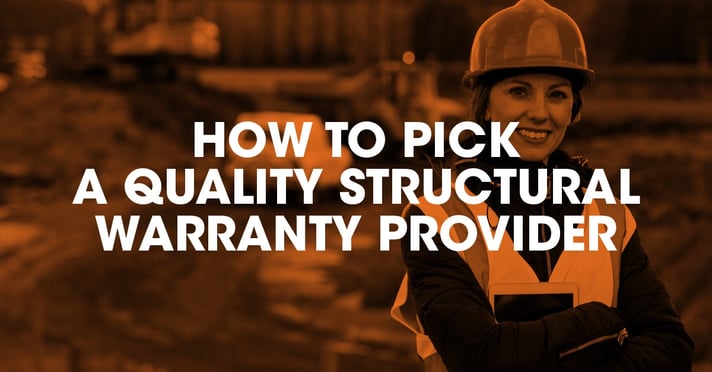What can you expect them to cover?
It would be a great shock if a structural warranty provider failed to cover something as simple as low-rise housing built for the open market. But what if you set your sights elsewhere?
As the housing market twists and changes under the stressors of regulatory, economic, and even social changes, so may your plans for what kind of properties you’d like to build.
Perhaps you have a client expanding into mixed residential and commercial, or you’d like to break into London’s high-rise market. Maybe you’re shifting to just focus on social housing, in collaboration with a housing association or local authority.
Does your incumbent or prospective provider have the capacity to help you change gears and set your sights on more ambitious projects in the future? And do they have a track record of delivering the technical and commercial support you need to flourish in that change?
Who backs their policies, and who accepts them?
Vanishingly few structural warranty providers insure their own products, meaning they have to be underwritten by a larger institution.
When looking for a new warranty, be sure to ask who that underwriter is, what their history is like in structural defects cover, and what their financial rating is.
Once you’re happy with the financial security behind your providers’ policies, it’s time to question just how widely accepted their policies are by the mortgage lenders – after all, if a lender doesn’t accept the quality of the policy, what value is the certificate to you?
How long have they been around?
Take a good look at the company’s history. You’re committing to a ten-year insurance product with this company, much longer than most other insurance products. Can you be sure they’ll be here ten years from now?
In addition, there will be a crucial window where you may be held liable for defects found on the site being covered – are you confident in the experience of the technical staff that will be made available to you on site?
Who underwrites their policies?
As we mentioned earlier, structural warranty cover is a unique product in the insurance market. Very few products cover a period as long as ten (and in some cases twelve) years of consecutive cover.
When you’re committing to that length of coverage, there’s a peace of mind that comes from seeing that your policies are underwritten and backed up by stable long-term providers that are invested in the housing market.
What kind of technical expertise and risk management do they offer?
As we described above, the quality of technical knowledge brought to bear is what stands between your sites and fewer defects.
Managing risk on your site isn’t just a formality or a checkbox exercise to get you a certificate. It’s an investment in the quality of your builds, its quality of homes that residents will eventually occupy, and it’s your reputation as a builder of high quality homes.
Will they take care of you after the ink is dry?
As we’ve already pointed out, a structural warranty is a covenant that lasts up to twelve years. It’s important to know that when you have a question, or need help during that period, there will be someone on the other end of the phone ready to listen and willing to help.
Talk to LABC Warranty today
Whether you have an incumbent latent defects insurance provider, or you’re still shopping around, talk to LABC Warranty. The sooner we get talking about your next development, the more we can do for you.


Have your say